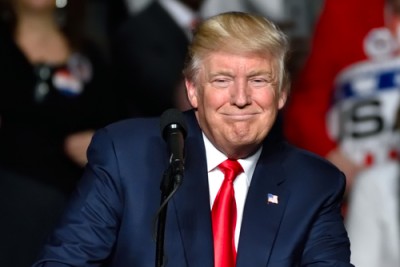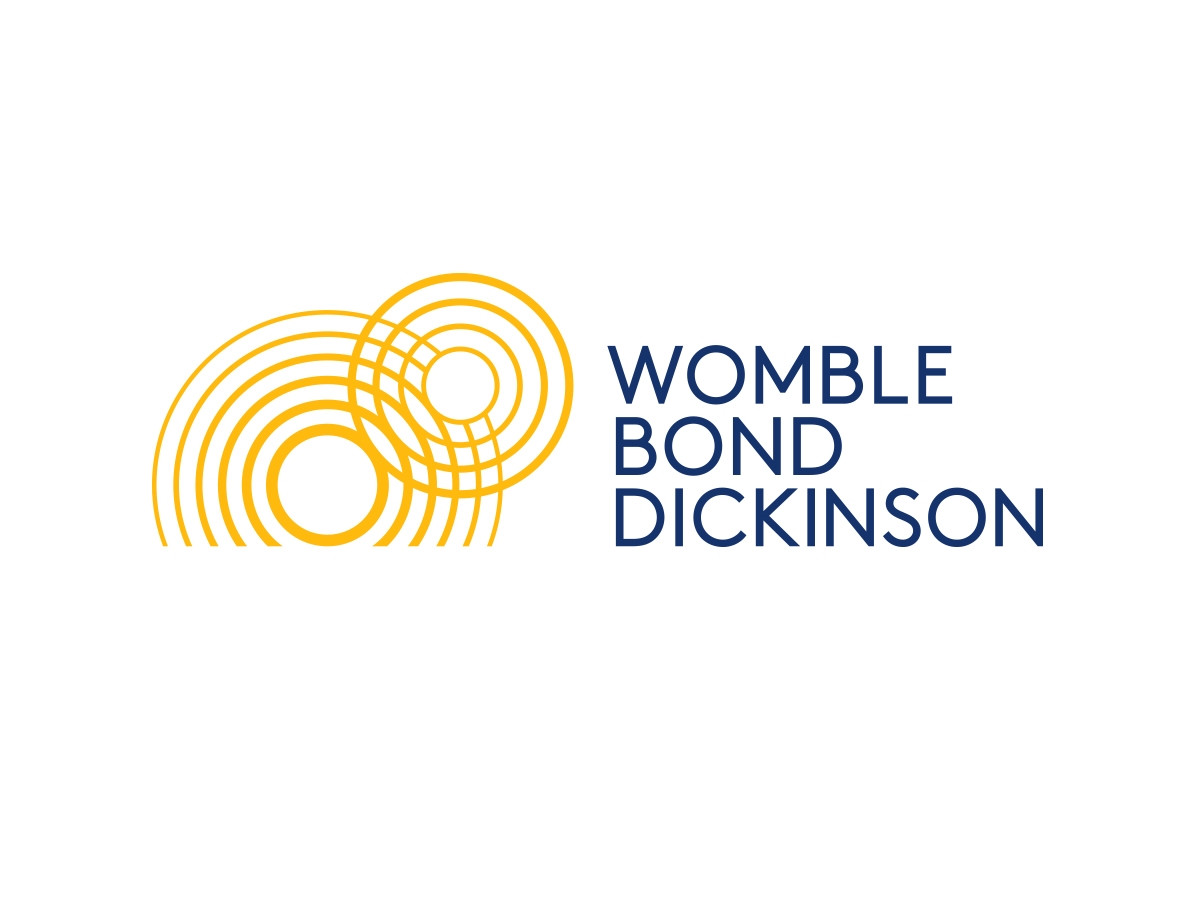The PREVAIL Act is only narrowly passed despite concerns about drug pricing impact
Support IPWatchdog with an individual sponsorship: Click here
“Although the concerns around the bill are focused largely on pharmaceutical patents, Coons pointed out that all of the top users of the PTAB are big tech companies; ‘Samsung, Apple, Google, Intel and Microsoft accounted for 80% of all PTAB petitions a few years ago,’…Coons said.”
One week after markup was postponed to give those with concerns more time to get on board, and following several previously postponed markup hearings, the Promoting and Respecting Economically Vital American Innovation Leadership Act (PREVAIL Act) has now moved from the Senate Judiciary Committee to the Senate floor for a full vote. The bill moved forward by a vote of 11-10.
While some senators continued to express concerns about PREVAIL’s effect on the ability of patient advocacy groups and generic/ biosimilar companies to challenge patents at the Patent Trial and Appeal Board (PTAB) that may keep drug prices high, enough of them agreed to vote yes today with the caveat that they will push for further changes before committing to vote for the bill on the floor.
Senators Amy Klobuchar (D-MN), Richard Blumenthal (D-CT) and Peter Welch (D-VT) all said they have reservations about the effects of PREVAIL’s standing requirement on the ability of third party advocacy groups to challenge drug patents.
 PREVAIL would in part require standing for PTAB challengers–specifically, that they must have been sued or threatened with a patent infringement lawsuit before filing a PTAB challenge–and limit multiple petitions against the same patent by “prohibiting any entity financially contributing to a PTAB challenge from bringing its own challenge.”
PREVAIL would in part require standing for PTAB challengers–specifically, that they must have been sued or threatened with a patent infringement lawsuit before filing a PTAB challenge–and limit multiple petitions against the same patent by “prohibiting any entity financially contributing to a PTAB challenge from bringing its own challenge.”
Senator Chris Coons (D-DE), Chair of the Subcommittee of Intellectual Property, addressed these concerns via a manager’s amendment that he said will “ensure generic companies and patient advocacy groups explicitly continue to have access to PTAB to challenge drug patents.” The amendment defines a nonprofit in a way that would ensure such groups could still challenge patents, said Coons. The language would still bar individual patients from challenging patents, though it is improbable that an individual would file an inter partes review (IPR).
The amendment was adopted by a voice vote.
Senator Josh Hawley (R-MO) voted no on the bill despite the manager’s amendment, explaining that he remains “deeply concerned about the effects [of the bill] on generic drug prices.” He added: “I can’t support something that’s going to increase the cost of drugs for millions of Americans.” He also noted that patient advocacy groups continue to oppose the bill with the manager’s amendment.
The Electronic Frontier Foundation (EFF), the Association for Accessible Medicines, Generation Patient, I-MAK, R Street, and US PIRG are some of the groups most vocally opposed to PREVAIL. On September 18, prior to introduction of the manager’s amendment, a coalition letter opposing both PREVAIL and the Patent Eligibility Restoration Act (PERA) (which has been withdrawn from consideration for now), said that PREVAIL “seriously undermines citizens’ ability to promote competition by challenging patents,” since members of the public don’t have standing in federal courts. The PTAB is the only way to ask the PTO to reconsider a valid patent. Yet, it is the public who bear the brunt of drug costs in co-pays, deductibles and insurance premiums when an invalid patent continues to block generic and biosimilar competition.”
Merith Basey, Executive Director of Patients For Affordable Drugs Now, said in a statement that the manager’s amendment doesn’t go nearly far enough. We believe that is why several Senators who voted yes today did not commit to support the bill on the Senate floor. We believe that is why several Senators who voted yes today did not commit to supporting the bill on the Senate floor.”
Although the concerns around the bill are focused largely on pharmaceutical patents, Coons pointed out that all of the top users of the PTAB are big tech companies; “Samsung, Apple, Google, Intel and Microsoft accounted for 80% of all PTAB petitions a few years ago and 85% of defendants in litigation have used it as a duplicative rather than all alternative path,” Coons said.

Senator Chuck Grassley (R-IA) had also planned to introduce a number of amendments but chose not to and voted against moving the bill to the floor. Cruz’s amendment ultimately failed by a vote of 14 to 6.
Senator Chuck Grassley (R-IA) had also planned to introduce a number of amendments but ultimately chose not to and voted against moving the bill to the floor.
Commenting on the committee’s rejection of the Cruz amendment, Josh Malone of US Inventor said in a statement sent to IPWatchdog that the vote exposes Coons’ and Tillis’ hostility toward inventors:
“In an up or down vote for protecting the rights of inventors, Senators Coons and Tillis persuaded their colleagues on the committee in voting NAY, exposing their agenda to perpetuate the PTAB to protect the interests of big tech and big pharma. Bringing fresh transparency into the legislative process, Cruz led a group of 6 Republicans in a roll call vote in support of inventors and exposing Coons and Tillis as hostile to the interests of inventors.”
But The Council for Innovation Promotion said in a statement issued today that the bill will benefit small inventors. The C4IP statement read: “The PREVAIL Act reforms Patent Trial and Appeal Board in order to eliminate duplicative procedures, which unfairly benefits corporate giants accused for infringement. It also protects inventors’ rights to ‘quiet titles’ for their patents. These reforms would protect small businesses from abuses by large firms practicing predatory infringement.”
Another group, United for Patent Reform (UFPR), which describes itself as “a broad coalition of diverse American businesses advocating for a patent system that enhances patent quality, advances meaningful innovation, and protects legitimate American businesses from abusive patent litigation,” sent a statement claiming that “the bill, if enacted, would eliminate fundamental provisions of the 2011 America Invents Act (AIA), effectively terminating the option for American businesses to seek a cost-effective and efficient process for assessing invalid patents.” The statement added:
“Today’s hearing revealed that PREVAIL remains a highly complex, flawed and damaging piece of legislation. We are disappointed that a majority of one vote in the Senate Judiciary Committee opted to undermine a cost-effective and efficient procedure to address invalid Patents that would otherwise have been used to extort American businesses. PREVAIL will negatively impact many aspects of the American economy, including manufacturing, retailing, restaurants, drug pricing, and more. PREVAIL is a bad bill that reduces the incentive to create high-quality patents, and makes it easier for patent litigation to flourish. It is time for Senate to refocus on protecting American businesses from frivolous lawsuits by prioritizing policies which promote the issuance high-quality patents in the beginning.






